| | | | | | | Presented By Blue Cross Blue Shield Association | | | | Vitals | | By Caitlin Owens ·Feb 19, 2021 | | Good morning. Today's word count is 1,239, or a 5-minute read. | | | | | | 1 big thing: Vaccine supply expected to surge soon | 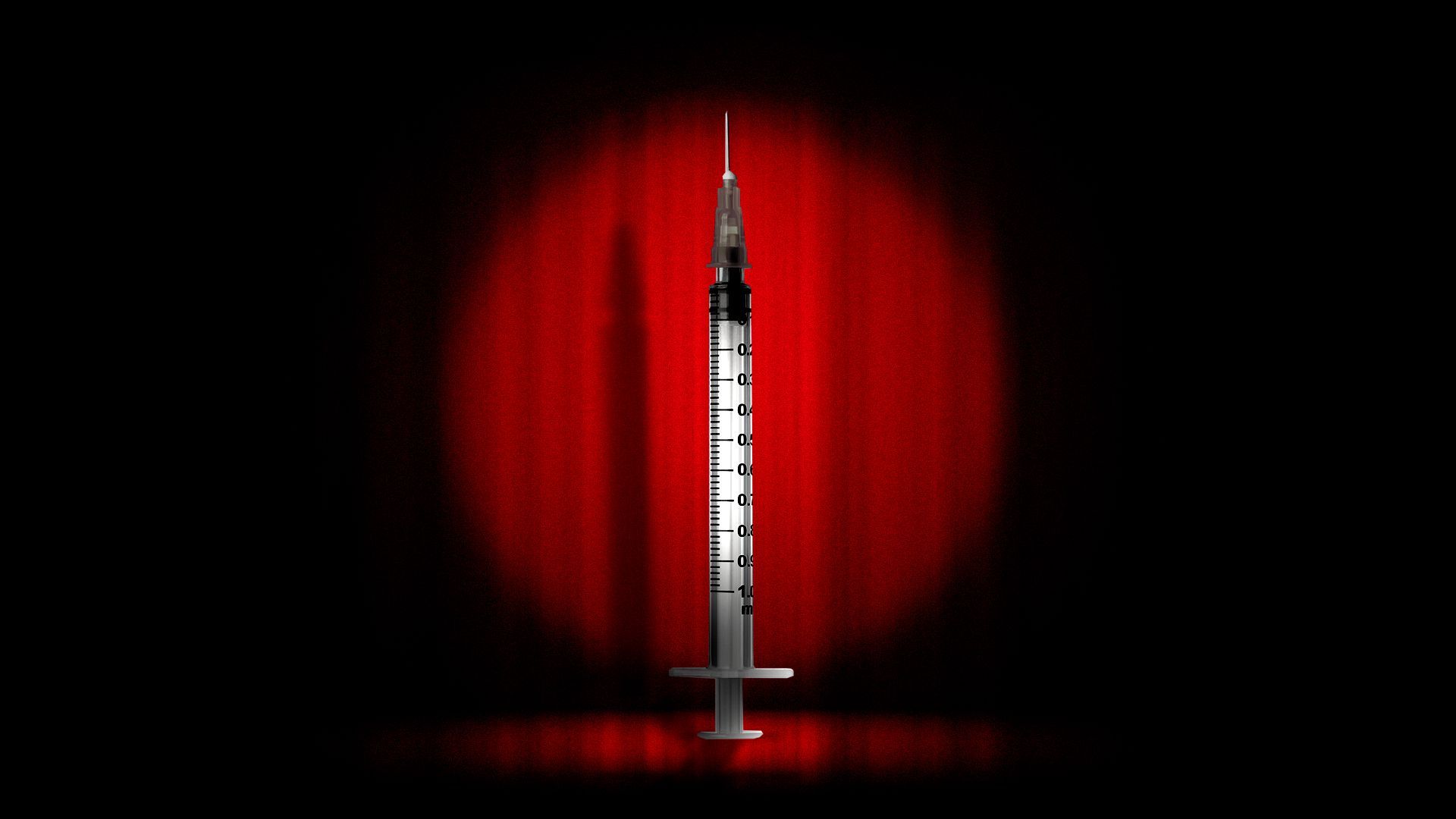 | | | Illustration: Annelise Capossela/Axios | | | | The U.S. supply of vaccines is expected to significantly expand over the next few months, with more than enough doses available to vaccinate all U.S. adults before the end of July, Bloomberg reports. Why it matters: If manufacturing goes according to plan, the intense competition for shots will end relatively soon, and attention will turn instead to increasing vaccine uptake. By the numbers: The U.S. is currently administering 1.6 million doses a day, and has a supply of 10 to 15 million doses a week. - But the number of shots available weekly will increase steadily through the summer, per drugmakers' public statements and supply deals. Eventually, enough vaccine should be available to administer 4.5 million doses a day.
- Pfizer and Moderna have said they'll deliver more than 500 million additional doses by the end of July. Each person requires two doses.
- Johnson & Johnson is expected to deliver 100 million doses of its vaccine, which requires only one shot, by the end of June.
What they're saying: Jeff Zients, the White House coronavirus response coordinator, said earlier this week that the federal government hopes to have enough vaccine supply to cover 300 million Americans by the end of July. - According to Bloomberg's analysis, that's likely an underestimate of how many shots will be available and when.
Yes, but: Having vaccines available is not the equivalent of putting shots in arms, as we learned during the initial rollout. - Administering several million vaccine doses daily will be a logistical feat even if every American wanted one — which they don't.
- That means America's vaccine problem will quickly shift from supply to demand.
|     | | | | | | 2. Texas hospitals struggle amid outages | 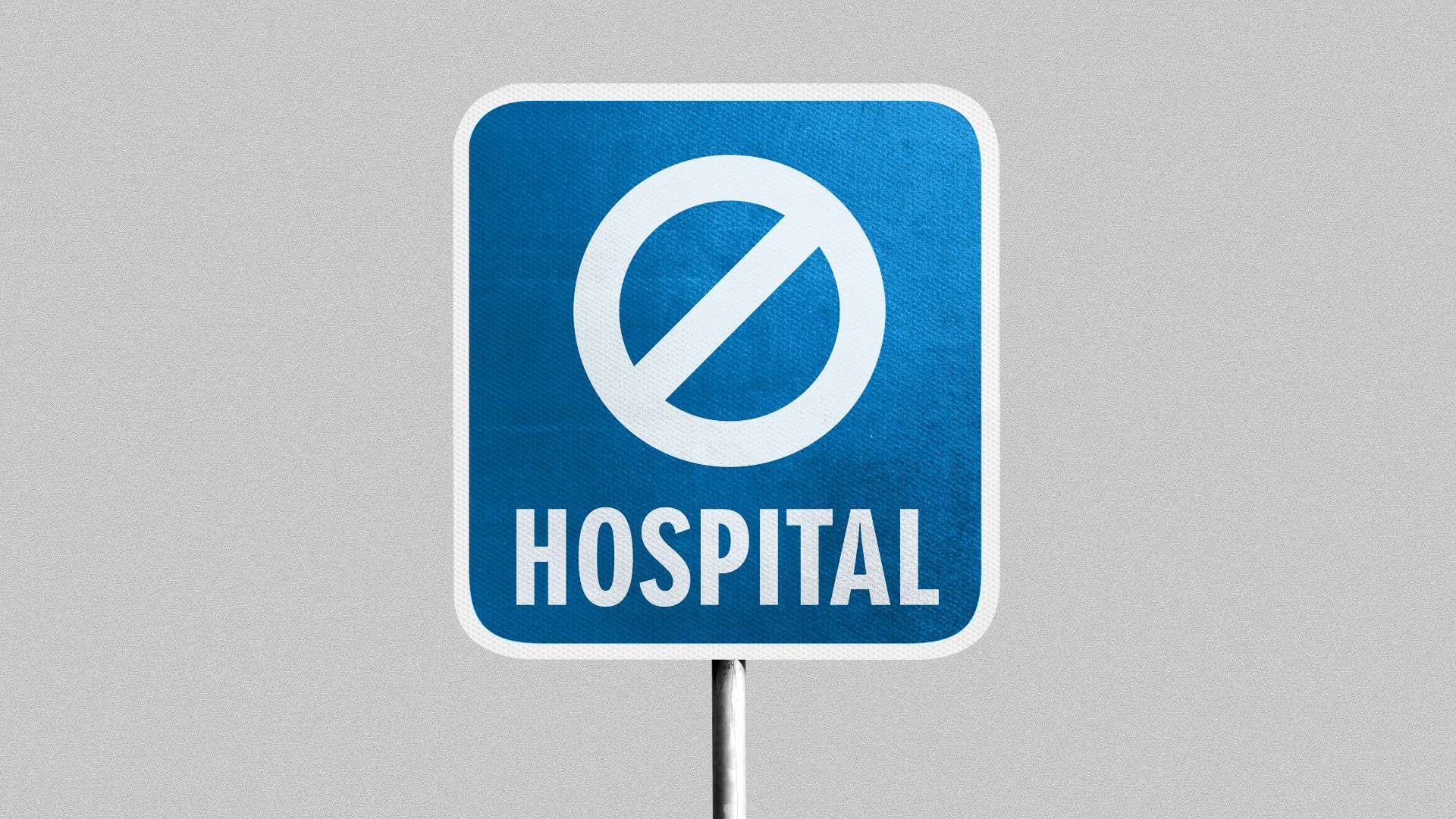 | | | Illustration: Eniola Odetunde/Axios | | | | The deadly winter storm in Texas has bombarded hospitals throughout the state. Why it matters: Doctors have been working to conserve resources, pause non-emergency surgeries, evacuate patients and push back coronavirus vaccine shots, Axios' Marisa Fernandez writes. The state of play: Before the storm, Texas was on track to administer 1 million vaccine doses per week, according to the Texas Department of State Health Services. - 85 large vaccination hubs and several hundred smaller providers across the state closed this week, the Texas Tribune reports.
- 407,000 first doses and 333,000 second doses to Texas were delayed in anticipation of the bad weather, the Texas Department of State Health Services said.
- Hospitals without power were directed to closely monitor vaccine supplies, to transfer vaccine to another facility, or administer doses to "any willing person to ensure that it is not wasted," according to an update sent to hospitals from the Texas Hospital Association, per the Tribune.
As for the facilities, pipes have burst at multiple Houston Methodist hospitals, and at least two facilities are operating without water, according to the Houston Chronicle. - Ambulances lined up at St. David's South Austin Medical Center on Tuesday to transport vulnerable patients after the facility experienced a complete loss of water pressure and heat, the Austin American Statesman reports.
- Patients and families at Dell Children's Medical Center were asked not to take showers or wash their hands, and instead use hand sanitizer. Toilets were unable to flush for most of the evening, according to KUT Austin.
|     | | | | | | 3. The latest in the U.S. |  Data: The COVID Tracking Project; Note: Does not include probable deaths from New York City; Map: Andrew Witherspoon/Axios Coronavirus vaccine shipments have slowed "to a grinding halt" in some areas affected by a devastating winter storm and freezing temperatures, Anthony Fauci, President Biden's chief medical adviser, told MSNBC on Thursday. Massachusetts Gov. Charlie Baker, a Republican who has regularly polled as the most popular governor in the country, is facing declining fundraising numbers amid rising criticism for his handling of the coronavirus, stirring questions about whether he'll seek re-election next year or even try to pass the torch early, Axios' Glen Johnson reports. The pandemic caused clinical trials, like almost everything else, to increasingly be performed remotely, per the NYT. |     | | | | | | A message from Blue Cross Blue Shield Association | | Taking action to fight the pandemic | | | 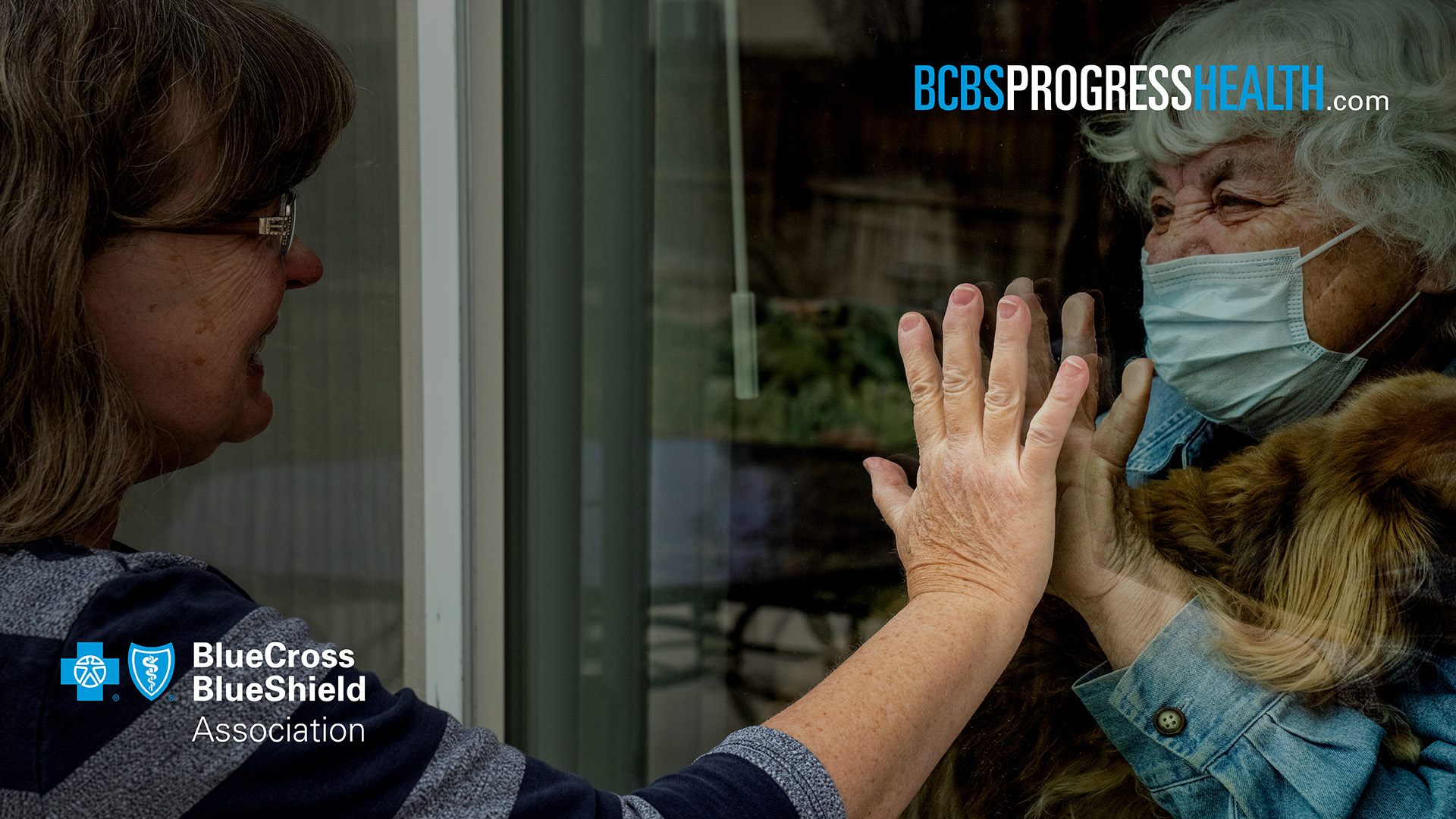 | | | | Blue Cross and Blue Shield companies have committed more than $7 billion to help the nation address the COVID-19 outbreak by: - Providing premium relief.
- Enhancing access to telehealth.
- Investing to support people in need.
Learn more. | | | | | | 4. The U.S. commits $4 billion to COVAX |  The U.S. is committing $2 billion for the global COVAX vaccine initiative within days (using funds already allocated by Congress), plus an additional $2 billion over the next two years, the White House announced ahead of Friday's virtual G7 summit. Why it matters: Senior administration officials told reporters Thursday evening that they'll use those commitments to "call on G7 partners Friday both to make good on the pledges that are already out there" and to make further investments in global vaccine manufacturing and distribution, Axios' Dave Lawler reports. Yes, but: The discussion around COVID-19 aid is beginning to shift from dollars to doses. French President Emmanuel Macron said Thursday that it's time for Europe and the U.S. to begin supplying developing countries with COVID-19 vaccines. The state of play: The U.S. has purchased 1.2 billion doses — enough to fully vaccinate every American adult 2.5 times over, assuming additional vaccines like Johnson & Johnson's are approved. - The situation is similar in other rich countries.
What they're saying: Macron told the FT that the U.S. and EU should begin sharing before that happens, sending 3%–5% of all available doses to poor countries in parallel with the domestic rollout. - He said the proposal already had German Chancellor Angela Merkel's support, and he hoped to convince Biden as well.
The other side: The White House said on Thursday's briefing call that the administration planned to turn to donations only after all U.S. demand was met. |     | | | | | | 5. "Vaccine hunters" turn to social media | 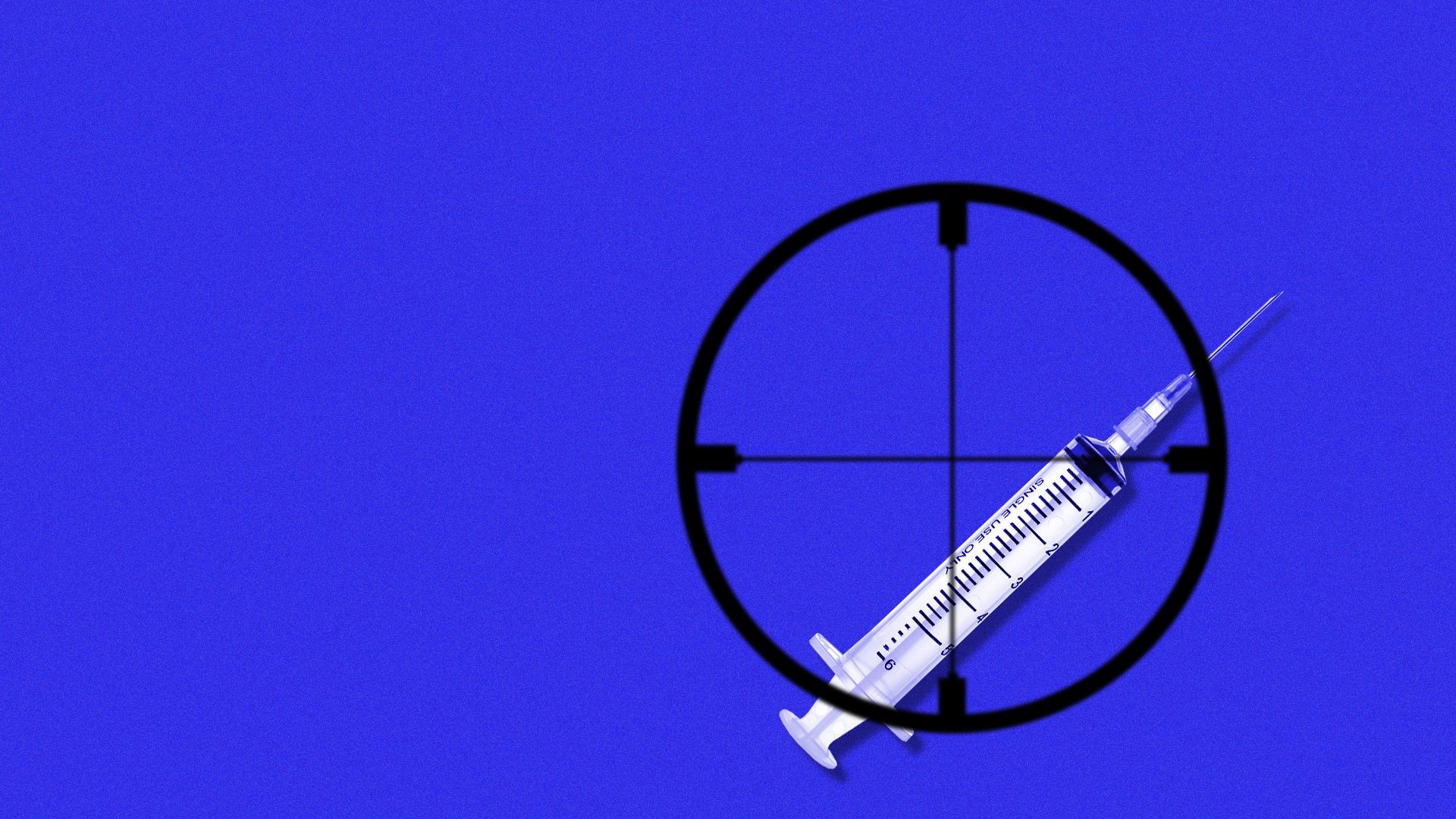 | | | Illustration: Annelise Capossela/Axios | | | | People who haven't been able to secure appointments for a coronavirus vaccine are turning to Facebook groups and other online forums to find canceled slots, figure out where to go, or simply to find information local health authorities have not provided, Axios' Ashley Gold reports. Why it matters: These ad-hoc online communities have helped people get vaccinated and helped keep doses of the vaccine from going to waste. But they also underscore the confusion and frustration of the U.S. vaccine rollout, and the risk of misinformation is real. What's happening: Facebook pages and Reddit threads are emerging all over the country, filled with posts from people seeking vaccines or who have information about vaccine appointments. - Los Angeles Covid Vaccine Hunters, a private page modeled after a similar one in New Orleans, has about 2,000 members and aims to connect young people to vaccine doses set to be thrown out or expire.
- VaccineHunter.org organizes the dozens of "vaccine hunting" pages into one spot. On Reddit, r/VaccineHunters, along with related groups across the country, are highly active forums.
Yes, but: The potential for scams and misinformation is high, despite people's best intentions to help one another. - This is particularly worrisome for high-risk populations, such as elderly people, who are not as savvy about identifying misinformation online and are more likely to fall for scams.
- There is also criticism that such "vaccine hunters" are gaming the system or skipping the line ahead of people who are a higher priority for the shots.
Go deeper. |     | | | | | | 6. Dog of the week |  | | | Pip. Photo: Adam Buckalew | | | | Meet Pip! - "Pip — half golden retriever, half dachshund, and halfway in bed — loves having mom, Emily, and dad, Buck, at home during quarantine," Buck writes.
- "Emily found Pip on Craigslist while she was in college and picked him up in a Whataburger parking lot. He was supposed to be a Pomeranian…but he kept getting longer and longer."
- "According to BuzzFeed, Pip ranks number two on their list of, '19 Mixed-Breed Dogs You Won't Believe Are Real.'"
Pip, halfway in bed. Photo: Adam Buckalew Bonus: I am struggling to pick just one dog. Here is Maude, who has an impressive amount of self-control. Maude. Photo: Michelle Johnston-Fleece - "Maude has a lot of energy and love to give," writes her mom, Michelle.
- "Like a good pit mix, she loves carefully and deliberately ripping apart a squeaky toy, loves a ball, cuddling, and basking in the sun. She recently graduated her level one obedience test, and has been a very good and eager student, even with online learning!"
- In the picture above, she is "practicing 'leave it' with a kibble spelling her name. It was a challenge but she did it!"
- Go Maude!
|     | | | | | | A message from Blue Cross Blue Shield Association | | Strengthening the healthcare frontlines during COVID-19 | | | 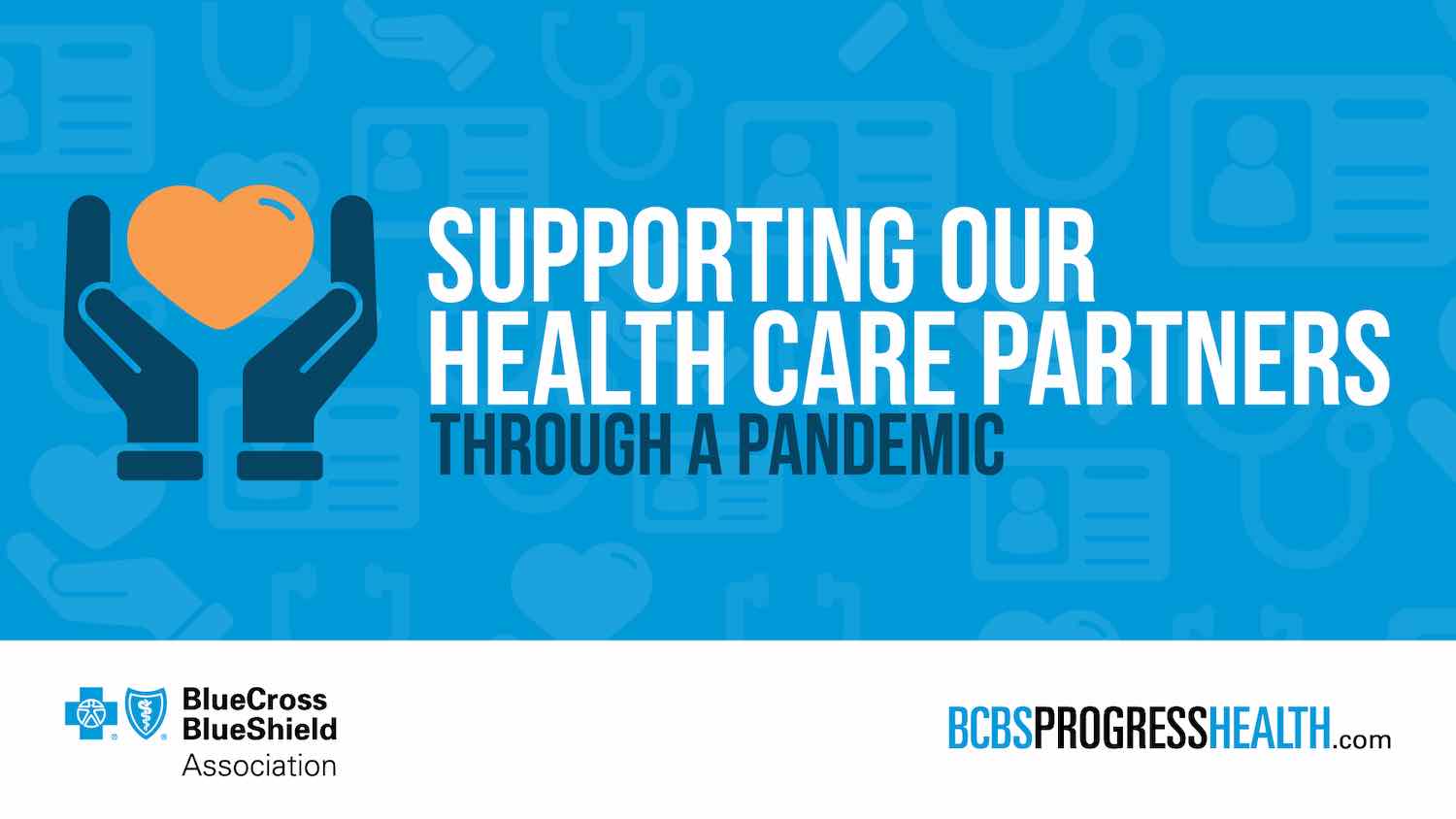 | | | | Blue Cross and Blue Shield companies are working to meet the needs of the healthcare system at this critical time. We are providing resources to ensure those on the frontlines are protected and supported during this pandemic and remain strong beyond it. | | | | | | Axios thanks our partners for supporting our newsletters.
Sponsorship has no influence on editorial content. Axios, 3100 Clarendon Blvd, Suite 1300, Arlington VA 22201 | | | You received this email because you signed up for newsletters from Axios.
Change your preferences or unsubscribe here. | | | Was this email forwarded to you?
Sign up now to get Axios in your inbox. | | | | Follow Axios on social media:    | | | | | |
No comments:
Post a Comment